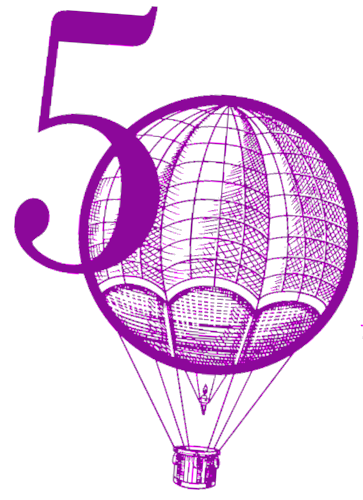Biography
Mahmud Doulatabadi
Born in the Khurasan village of Dowlatabad (near Sabzavar), short-story writer and novelist Mahmud Doulatabadi was the most prominent Iranian novelist of the 1980s. Self-educated and forced to work from childhood, Doulatabadi spent part of his younger adult years as a stage actor in Tehran.
His first collection of stories was called Lâyeh'hâ-ye biyâbâni (Desert strata) and appeared in 1969. A second collection called Do dâstân (Two stories) appeared in 1970. Then came a series of novels: Safar (The trip, 1969, revised 1974), Owsaneh-ye Bâbâ Sobhân (The legend of Baba Sobhan, 1970), Gâvâreh-bân (Cowherd, 1972), Bâ Shobayru (With Shobayru, 1973), Hejrat-e Solaymân (Solomon's emigration, 1974), 'Aqil, 'Aqil (Aqil, Aqil, 1974), Mard (Man, 1974), Didâr-e Baluch (Visit to the Baluch, 1978), and Az kham-e chanbar (Through the hoop, 1978) are his chief writings before the Revolution.
Doulatabadi's 1979 novel Jâ-ye khâli-ye Soluch (Soluch's empty place) treated the decline of Iranian village life in the 1960s. His magnum opus is the monumental 3'000-page saga called Klidar (1978-83), which narrates the lives of Kurdish tribespeople and peasants in a poverty-stricken village in Khurasan in the mid-1940s.
Doulatabadi lives with his family in Tehran. He traveled to Europe in 1990 and visited the United States in 1991, lecturing on literature and politics. A portion of his novel Ruzgâr-e separi shodeh-ye mardom-e sâlkhordeh (The bygone days of old folks) was published in mid-1991 under the title Eqlim-e bâd (Realm of the wind). A volume recording a series of interviews Doulatabdi gave to a group of writers and editors, Mâ niz mardomi hastim (We are also a people, 1990), gives a clear picture of his views on writing, as one of the first Iranian writers of interpretive fiction to support himself exclusively or primarily by writing. The publication of a three-volume collection of stories called Kârnâmeh-ye seh panj (The record of this transient world) was announced in 1990.
He belongs to 134 artists and writers who stood up for the ending of censorship with an open letter in fall 1994.
Die Reise (The trip)
For months Chatun has been waiting for a sign of her husband, for the promised money, for a letter. Because nobody buys flails and handploughs anymore since tractors became available, he had to look for work in the Golf states. How can a woman, alone with daughter and grandmother, survive?
At night, when nobody sees it, the young Marhab sneaks into the small house between the railway embankment and the garbage dump. But what does love help if there is no income?
One day a man, walking on crutches, arrives. In the evening he stands at the railway embankment, stares at the house and doesn't dare to go closer. He sees the house in bright light, sees men going in and out. In the bar next to the railway embankment it's clear to everybody: there is a curse upon this man.
Der leere Platz von Ssolutsch (Ssolutsch's empty place)
For days they have not been talking to each other anymore. In the evening he rolles up at the fireplace and the next morning he has dissapeared. During the last days, Ssolutsch has been bewildered. But also Mergan has been silent, as if her lips are closed by invisible hands.
Now the place next to her is empty: Ssolutsch has left her and his family. Mergan has to take care of her children alone. Hadjer, the eleven years old daughter, is married to an old Man. Abrou, the younger son, gets entangled into intrigues around »gods earth« which some ground speculators want to take dishonestly. Abbass, the other son, grows old in a single night, when he is chased by a wild camel stallion and falls into a well full of snakes.

